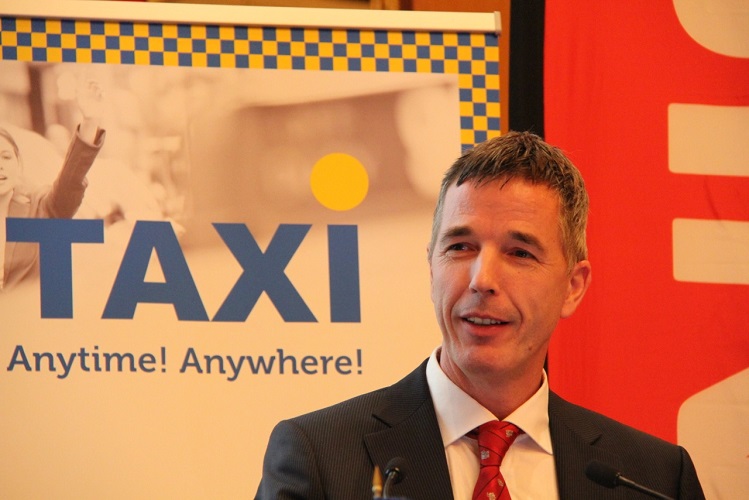IRU broadly welcomes the contents of the International Transport Forum (ITF) report ‘How governments should regulate ride-hailing apps and taxis’ as a first step to a broader and more inclusive reflection on new mobility patterns and business models. In particular IRU welcomes the acknowledgement of the ‘same service, same rules’ principle with its observation that “regulation and regulators should not differentiate among different service providers”.
Sonila Metushi, who leads IRU’s work on taxis said, “IRU is an active contributor to this discussion and continues to take initiatives, together with partner authorities, regulators and businesses to develop appropriate policy solutions and relevant business initiatives. It is right therefore that the report recognises IRU’s UpTop global taxi network, the Advisory Committee of which is chaired by ITF, and the fact that there is no distinction between taxi apps and other CTAs.”
IRU however has significant concerns regarding a number of the points that the report attempts to address. Not least is the assertion that Commercial Transport Apps (CTAs) improve available for-hire transport capacity and is therefore good for cities, customers, congestion & the environment.
Sonila Metushi continued, “The report falls short in a number of key areas. Bringing more for-hire vehicles onto the roads adds to congestion and pollution. It also sees new service providers as bringing ‘flexible work opportunities’ but fails to recognise the damage to pay rates and working conditions as highlighted by the International Labour Organisation. In reality these new opportunities mean the need to have more than one job to make ends meet.”
IRU also believes that the report’s suggestion that a company could be regulated more favourably if it agreed to share its data for social benefits is badly thought out and unworkable. It contradicts the principle of ‘same service, same rules’ outlined in the same report and ignores significant legal issues such as data protection. wf








